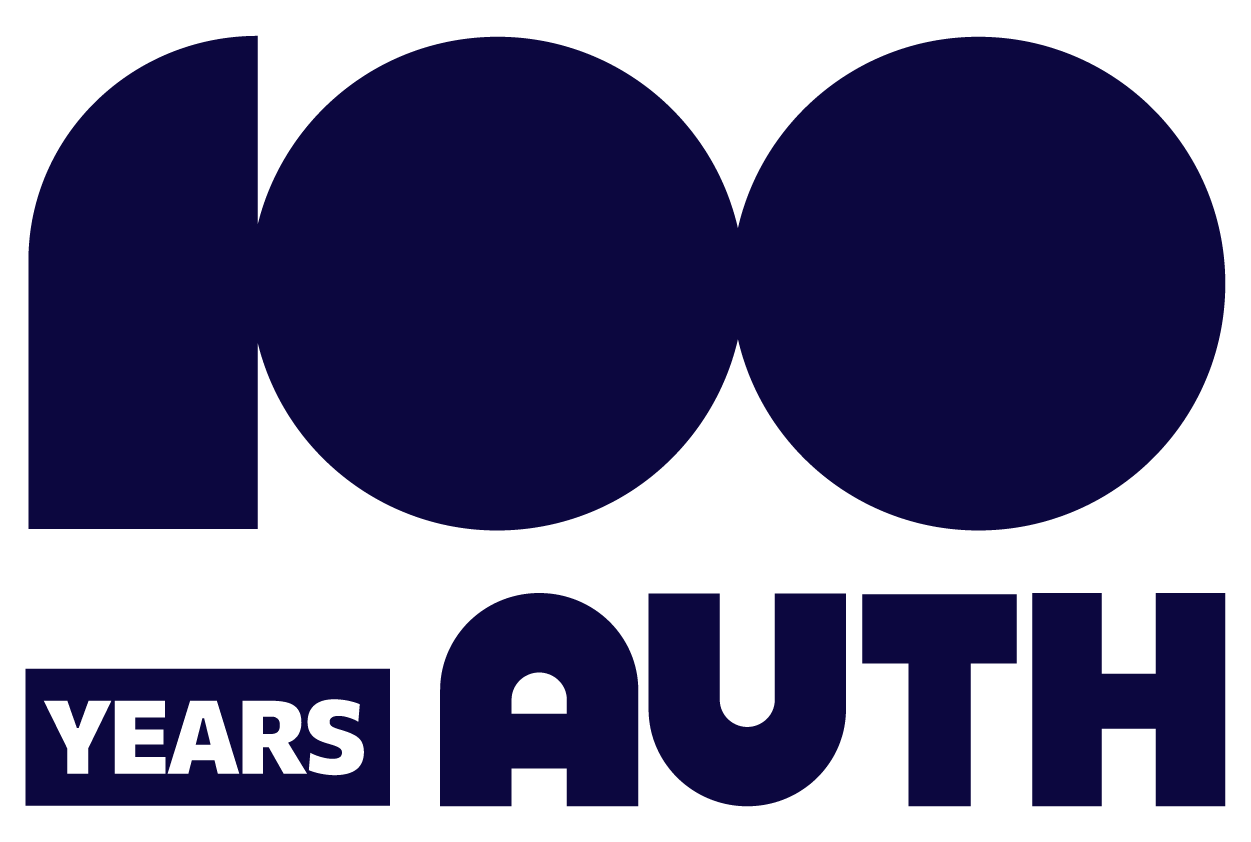
What we examine:
Texts from the Anglophone world (written,
oral/aural, cultural, virtual, digital, etc.) coming from an
evolving literary “canon”.
Next to well-known authors (like William Shakespeare, Lord Byron,
Jane Austen, Charles Dickens, the Brontë sisters, or Virginia
Woolf) new names are added, ones of authors either excluded from
the list based on their gender or race identity, or marginalized
due to their linguistic particularity (for example, Renaissance
women, contemporary Caribbean and South African authors,
indigenous Australian women poets). We read literature in close
relation to the broader cultural production not only of Britain
but also of the Anglophone world
(the Commonwealth countries and the USA) and Europe in general (taking
into consideration the consequences of Brexit), as well as in
mutual dialogue with the Greek
literary and cultural production and the respective socio-historical
contexts.
How we approach the texts:
Diachronically (examining the
literary movements and cultural currents from the Middle Ages up
to now), intertextually (tracing
common concerns and trends in authors/artists whose works
converse), through diverse theoretical approaches
(for example, feminism, psychoanalysis, formalism, Marxism,
deconstruction, post-colonial thinking), in correlation with the
(historical, social, cultural, economic) contexts in which these
texts were produced, as well as experientially
(through creative projects and tasks, games and traineeship
visits to schools).
In other words …
We perceive literature as a living organism which mutates,
adjusts to and reflects the environment in which it is born,
and not as a static and fossilized body.
The language used in classes, discussions, papers and exams is English and the texts we focus on are English too. We learn to think through another language, literature and culture, while we simultaneously engage them in a dialogue with Greek (or our mother tongue). Our ultimate goal is to study and attempt a deeper understanding of what we are currently experiencing, enhance our critical thinking and creative potential so as to reject passive acceptance and actively participate in everyday life. The perspective of another culture, language, literature and historical time aims at broadening our perception of current reality and at helping us discover its complexity.
Extroversion
The Department aims at cultivating contact and dialogue with
society, as well as promoting lifelong learning through
conferences, symposia, book presentations, workshops, seminars,
visits to schools or private institutions and collaborations
with national and international institutions and universities.
Based on the Anglophone literature and culture, we exchange
information and ideas with the broader public, prompting an
active dialogue with and reflection on contemporary political
and social issues.
Knowledge and Skills
The Department courses offer knowledge related to:
This knowledge can prove extremely useful in diverse research fields and professional environments.
The skills you will develop through the programme of the Department relate to:
and finally …
The Department participates in the Postgraduate Studies Programme, “ĚÁ in English and American Studies” which is organized and taught jointly with the Department of American Literature and Culture, and includes seminars and research on specialized fields which lead to a Master’s Degree (MA).
The Department also offers courses in the School’s interdepartmental programme of postgraduate studies titled “MA in Language, Literature and Digital Media in Education”.
The Department also participates in the Ph.D. Programme of the School of English. The faculty supervise doctoral theses which lead to a Ph.D.
The Laboratory of Narrative Research (LNR) was originally initiated by the Department of English Literature and Culture but covers the interests of all School members who work on narrative. This is because it aims at an interdisciplinary study of narrative across different fields of thought (humanities, social science and other academic fields). Every year, the LNR offers a series of seminars and workshops, open to students of this School and other Schools, while it also organizes symposia and conferences.
Initiated by the Department, and with the participation of colleagues from the Department of English Language and Literature of the National and Kapodistrian University of Athens and other Greek institutions, the first Hellenic Association for the Study of English (HASE) was founded in 1990, affiliated with ESSE (European Association for the Study of English). It aims at forging strong bonds between Greek and European scholars working on English Studies.
In collaboration with the Department of American Literature and Culture, the Department publishes the international open access journal GRAMMA: Journal of Theory and Criticism.
It also co-hosts the series of seminars entitled Problematics of Culture and Theory which aim at providing a context of discussion in areas related to new approaches and ongoing research projects in literature, culture, art, and aim at exchanging views and promoting interdisciplinarity.
The Department also initiated the School’s collaboration with the European Consortium of Humanities Institutes and Centres (ECHIC).
The members of the Department also play an active role in the AUTh Committee for Gender Equality and other international associations, e.g. International Association of Byron Societies.